Long waits, time-outs on Maple lead to renewed calls for Canada-wide medical licences
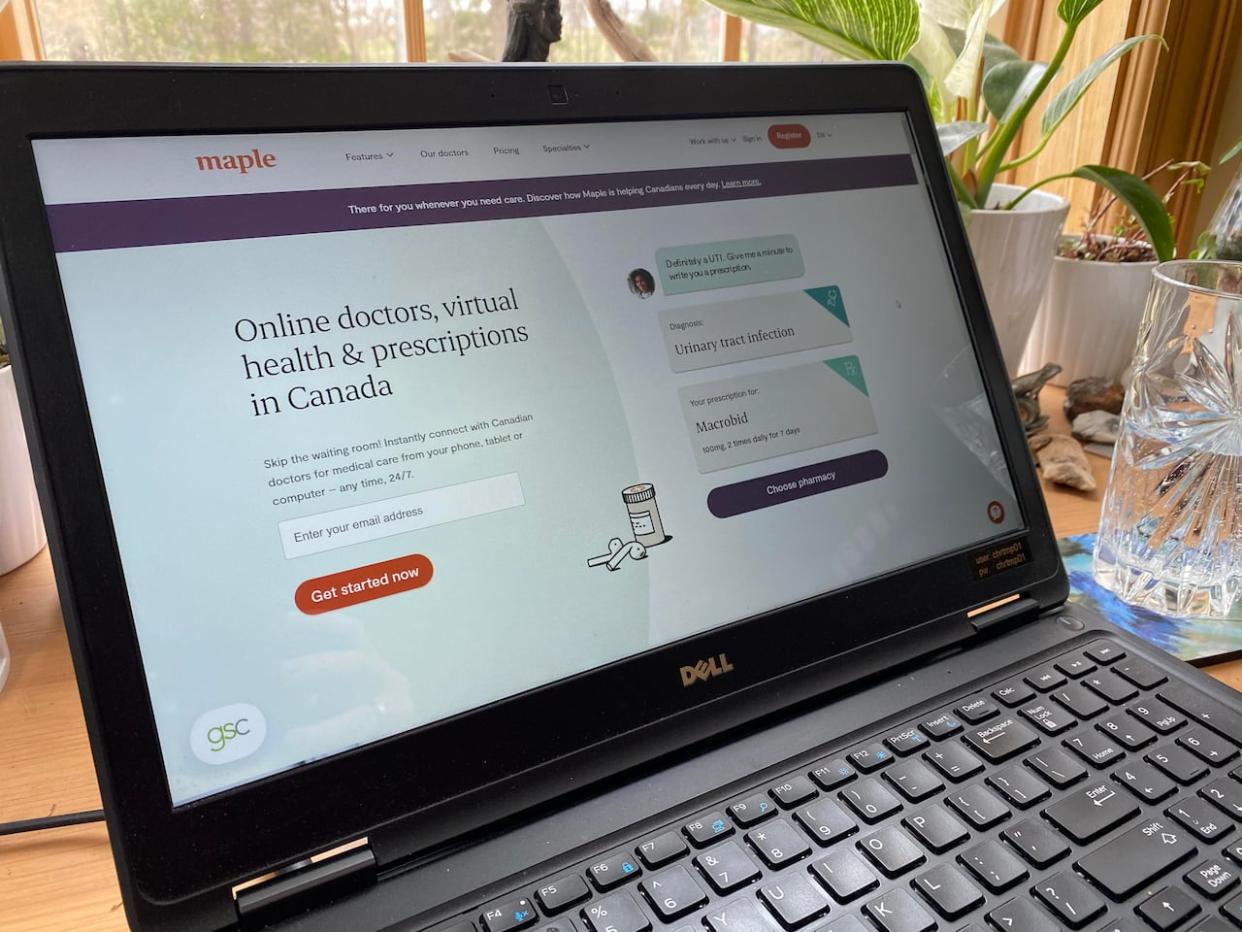
As more Prince Edward Islanders without family doctors or nurse practitioners are being told to consult the virtual health-care platform Maple instead, long wait times are becoming more frequent.
Nancy Riley of Cornwall, P.E.I., tried using Maple but was discouraged by having to wait several hours to hear back from a health-care worker.
"That was really frustrating, especially when you're sick," Riley said. "They have to do something to address the wait times."
Several people reached out to CBC News saying they spent hours trying to reach a practitioner through Maple, with some saying their sessions timed out before they could get help.
"After three hours, they bump you off the system with a polite message to try again in an hour. So then you have to get back on the Maple website or app and do the whole spiel of saying what you are asking for and uploading the appropriate documents," one patient said by email.
The online health-care platform allows people to talk to doctors or nurse practitioners for things like prescription refills, requisitions for bloodwork or referrals for in-person care. The province pays the fees for Islanders who don't have a primary care provider.
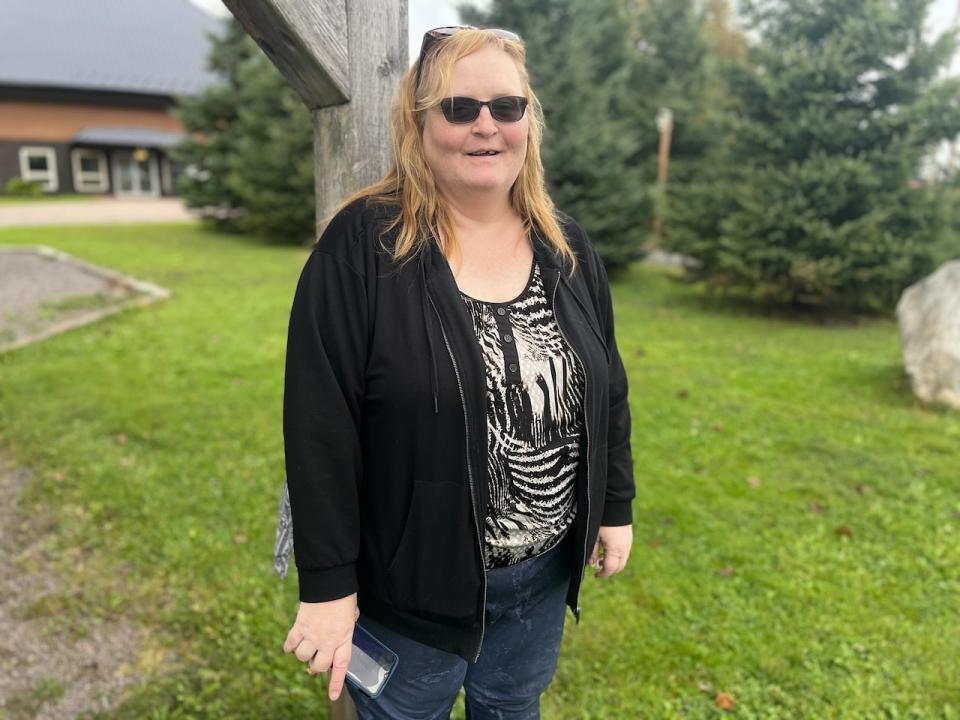
Nancy Riley says her doctor downsized his practice and she no longer has a doctor. She tried Maple once and was frustrated by the long wait. (Wayne Thibodeau/CBC)
According to data from Health P.E.I., 57 per cent of Islanders are now registered to use Maple. The number of virtual appointments has more than doubled, going from 932 appointments per month in 2022 to 2,339 visits per month by June 2023.
Health P.E.I. acknowledged the growing wait times on Maple in an email to CBC News this week. A spokesperson said the agency has been increasing staffing to help address the issue.
"[Health P.E.I.] has had five additional physicians from P.E.I. signed on to support the virtual care and has also been connecting people with one of the primary-care access clinics to support in-person appointments in follow up as needed," the agency said in an email.
"Each of these services has its limits, but we have been able to address the needs of people timing out on the Maple platform."
Apology over delays
Andrew MacDougall, executive director for community health and seniors care for Health P.E.I., said staff are keeping track of those who've timed out on Maple. He said some people who don't get care within three hours are being referred to an in-person primary-care access clinic without having to connect with a Maple provider.
Those clinics exist mainly for people who've been triaged through virtual care and told they need in-person assessment and follow-up care.

'We certainly recognize the pressure, we recognize the frustrations,' says Andrew MacDougall. (Zoom)
"We're watching those who've had multiple time-outs and multiple challenges… that's an important flag for us," MacDougall said.
"We apologize. We don't want people to be frustrated; we want people to be able to access care as soon as possible.
"We are making unprecedented investments in quality care in Prince Edward Island … we certainly recognize the pressure, we recognize the frustrations of people — especially if you're going into service and you're timed out."
CEO calls licensing model a 'big handcuff'
The CEO of Maple, Dr. Brett Belchetz, says the problem is that there are available health professionals in other provinces who could help — but Canada's licensing system restricts health providers from working in a province where they are not licensed.
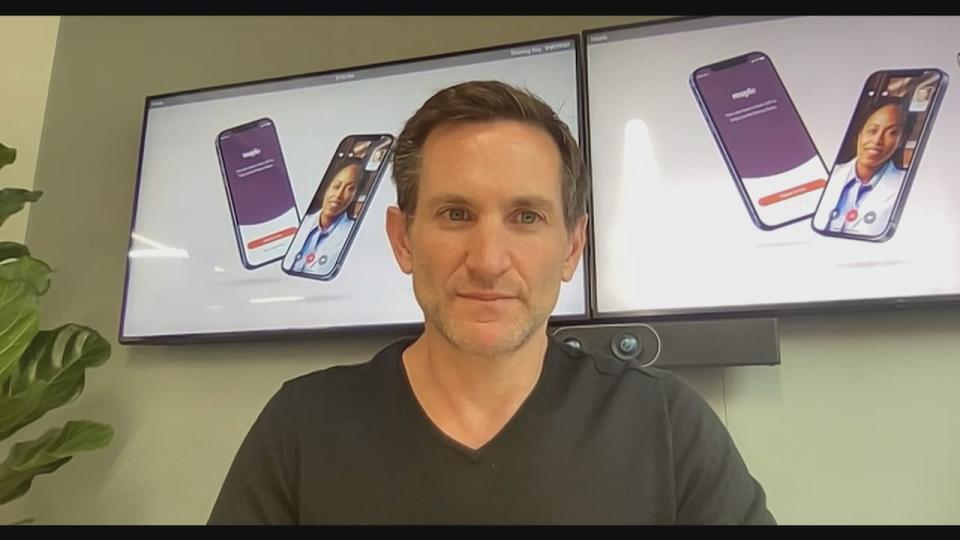
Dr. Brett Belchetz says rules in health care should be updated to allow health-care providers to work throughout the country easily. (Zoom)
"It is incredibly difficult in our country that we have 13 different medical licences — 10 provinces and three territories, each of which require their own licence for care," Belchetz told CBC News.
"The big challenge, I think, that really makes it difficult for Health P.E.I. to succeed with this program, is that due to the current set of laws around licensing, they're limited to physicians that are licensed on Prince Edward Island."
When an Islander reaches out to Maple, they're most likely speaking to a health provider who is living and working on P.E.I.
Nobody envisioned a world like what we live in back when these laws were made. — Dr. Brett Belchetz
If a doctor from any other jurisdiction in Canada wanted to pitch in and help when the Island is experiencing a high volume of patients on Maple, that can't happen under the current licensing model. The exception would be people who are specifically licensed to work as doctors on P.E.I. but live in a different province.
"It's a big handcuff around programs like this, and around the Prince Edward Island government," Belchetz said.
"Nobody envisioned a world like what we live in back when these laws were made and when these bodies were established. The rules just haven't changed."
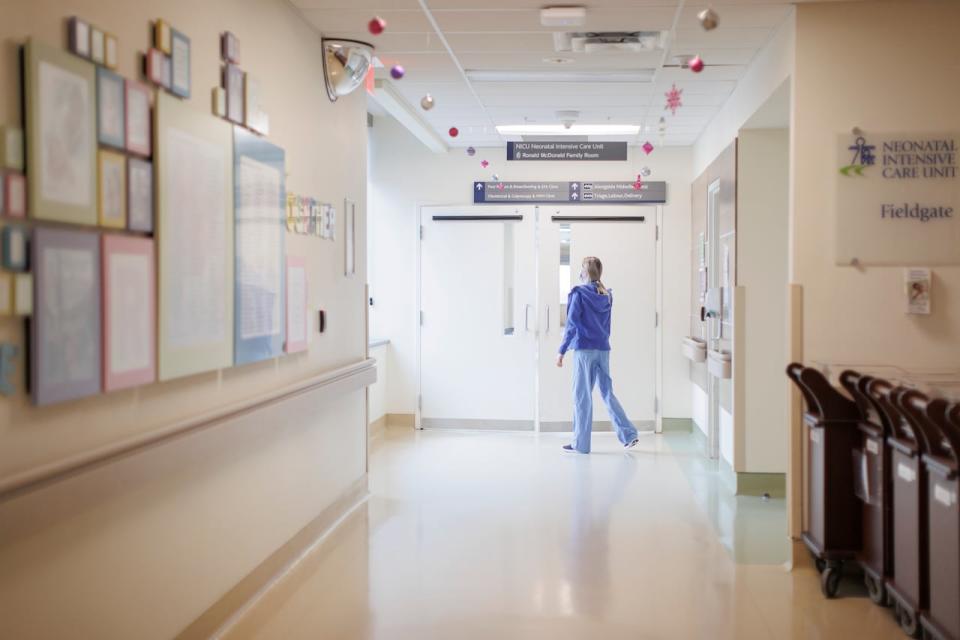
If a doctor or health care worker from elsewhere in Canada wanted to pitch in and help on Maple when there's a high number of Island patients waiting, that can't happen under the current licensing model. (Evan Mitsui/CBC)
Pan-Canadian licensing in health care has been discussed for decades right across the country.
Recently, premiers from across the country met in Charlottetown for a two-day summit on a range of issues facing the health-care system in Canada. From that meeting, federal Health Minister Mark Holland listed five priorities for Ottawa and its provincial and territorial counterparts.
Among those priorities: the beginning steps to let health providers work anywhere in the country, starting with doctors this year and nurses in future years.
Medical Society responds
The Medical Society of P.E.I. represents doctors on the Island and speaks on their behalf on matters of public interest.
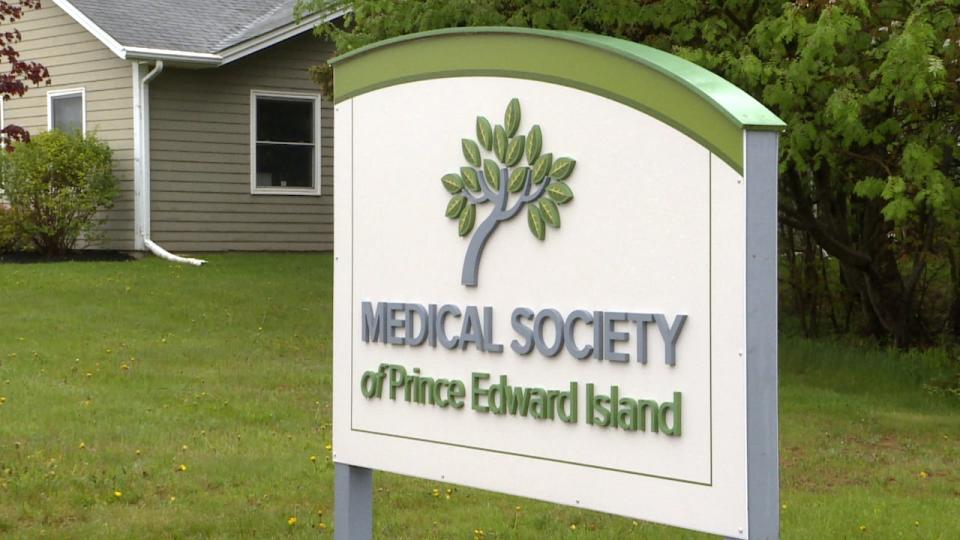
The Medical Society of P.E.I. says it is 'fully supportive of a pan-Canadian licence,' perhaps modelled on the recently adopted Atlantic Registry. (Randy McAndrew/CBC)
In an email to CBC News on Tuesday, the organization pointed out that it recently helped implement the Atlantic registry on the Island, "which we believe will also help to alleviate current pressures on P.E.I. physicians. We are fully supportive of a pan-Canadian license as well and believe the Atlantic Registry is a great pilot project to emulate."
That registry lets doctors who are licensed by one of the four most easternly provinces in Canada work anywhere within the region without needed to be licensed in the new jurisdiction.
"We know how important it is for Islanders to receive the care they need, when they need it," the society's email said. "It's always our desire for Islanders to first have access to local health-care providers, when possible. Ideally, for P.E.I. physicians with capacity and interest in providing virtual care, we want them to be the first point of access for Islanders."


